Since the beginning of human history, our species has revered, feared, and wondered about death. We have wanted to know when we will die, how to know that death is coming, and what happens after.
Now, hundreds of thousands of years later, most of these questions remain. However, some scientists believe they have answered at least one question regarding death, which is how we can know it is about to happen. They say the answer is in the nose.
A Natural Part of Life

While the dying process is natural, it can still feel terrifying. The body slowly shuts down, preparing for the final light switch to turn off before a person transitions into whatever comes next.
Every person’s timeline is different, and death will not welcome everyone in the same way. However, if you face a natural death, some of the senses will fade as your body prepares for the end of life.
Scientific Research Shows the Nose Can Detect and Predict Death
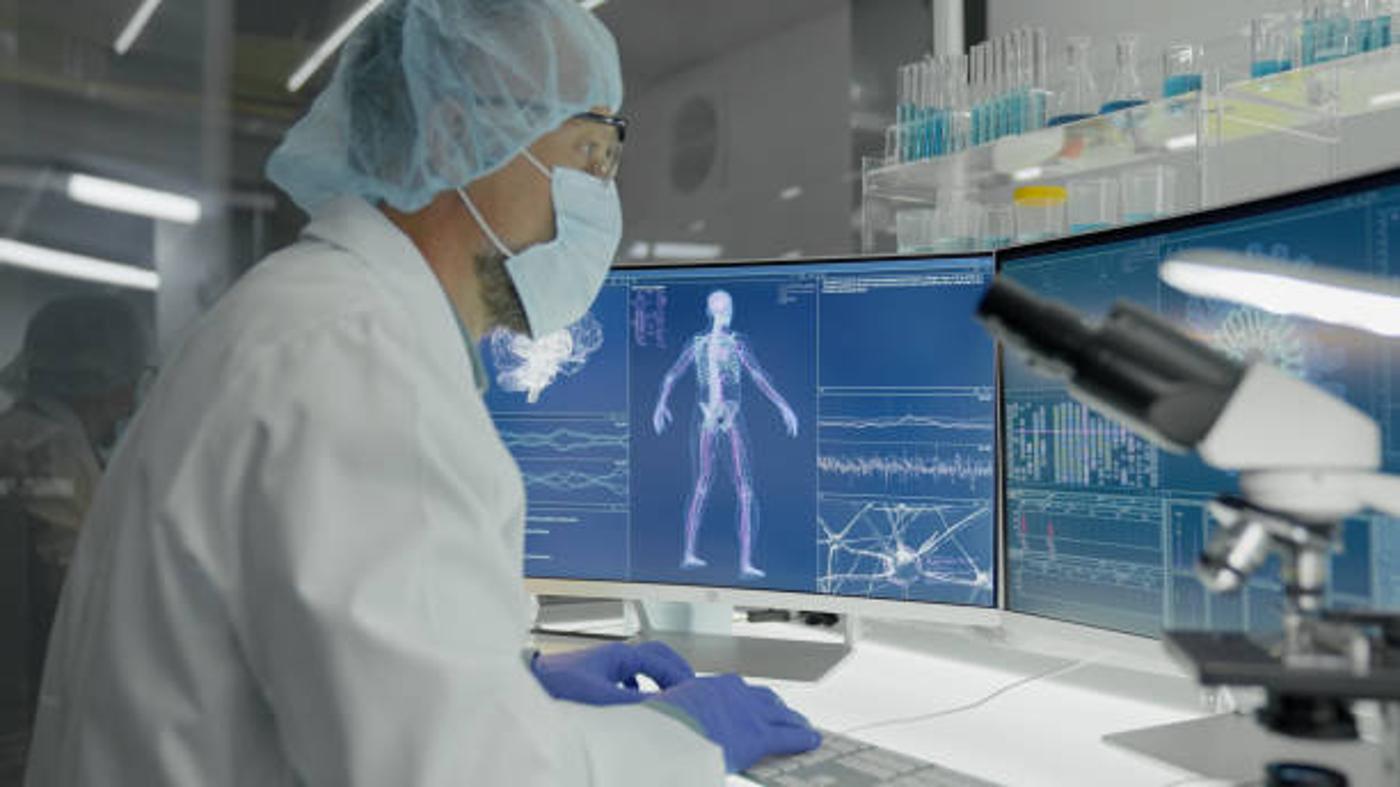
Our ancient ancestors held various beliefs about what happens when we die, but they could never quite figure out how to tell when someone was about to pass away. Thanks to modern science, many researchers believe they have answered this age-old question.
Medical research suggests that our sense of smell can both detect when a person is about to die and warn us when we are heading toward death’s door.
The Nose Can Detect Death’s Arrival
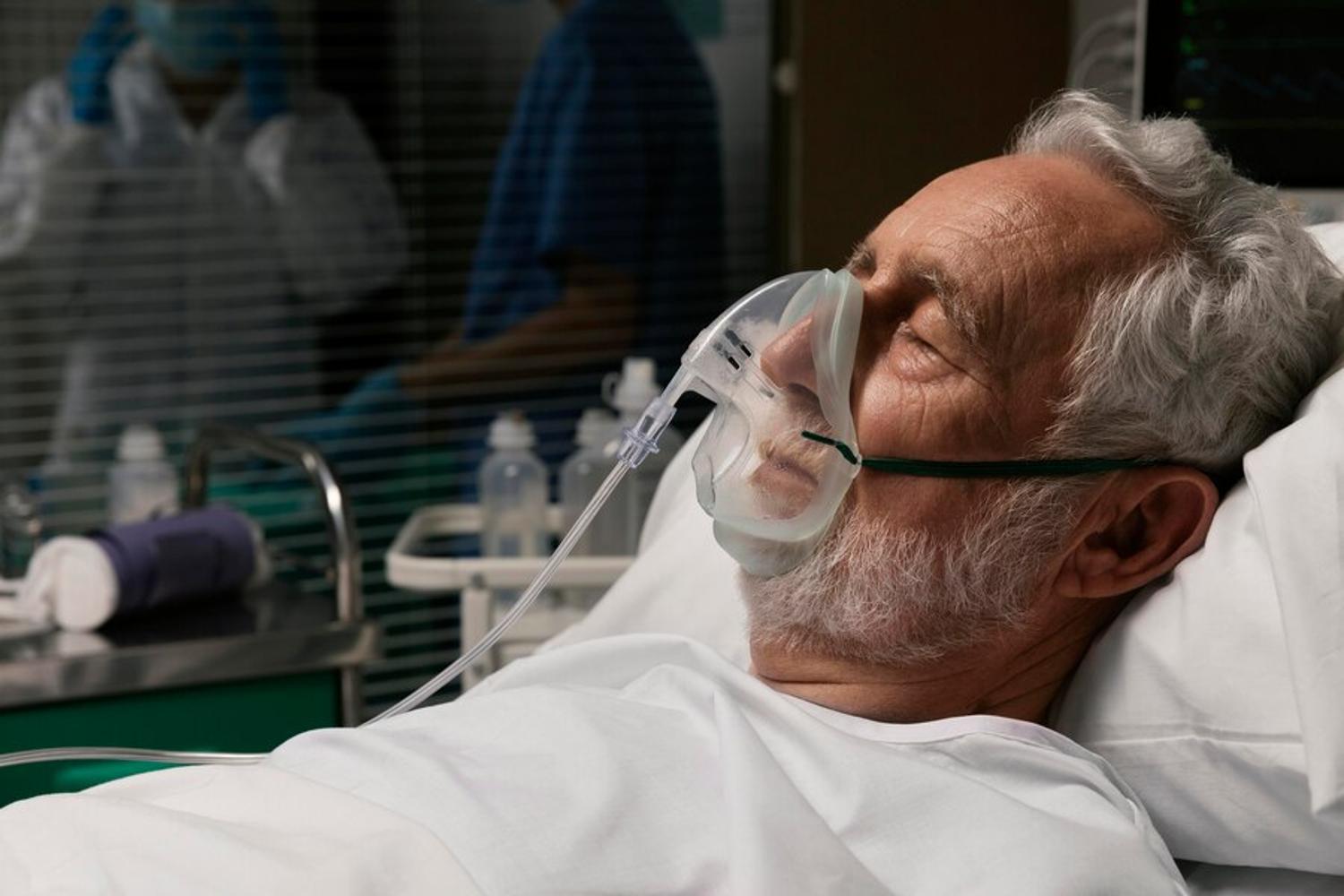
First, some studies show people were able to essentially smell death around a loved one who was about to pass on. Though there are several theories as to why this occurs.
One paper published in Frontiers Journal in 2015 tested the hypothesis that humans release a specific odor moments before they die, which other nearby humans can smell. These researchers wondered if, like other animals, humans release this subtle smell to warn those around them.
Human Bodies Release a Smell to Warn Others Against Danger

This study, conducted by two doctors from the University of Kent and Arkansas Tech University, explained that, “When animals die, they release an unpleasant smell [which] prompts the perceiver to leave or avoid the area,” as a survival mechanism.
They found that human bodies release the same “unpleasant smell” called putrescine as an evolutionary warning to other humans that danger could be nearby.
Good or Bad Smells Say a Lot

While humans may not have an animal-heightened sense of smell, there are chemical cues that help people make decisions on what smells bad. Rehan Khan, a neuroscientist at the University of California in Berkeley, believes that evolution selected the pleasantness of smell as a gut reaction to guide us through our environments.
“People can tell you right away whether something smells bad or good, but they’re bad at naming the scent,” Khan said. “Evolution probably latched onto the most efficient cues, like how the eye uses the wavelength of light to pick out colors.”
The Chemical Shortcode
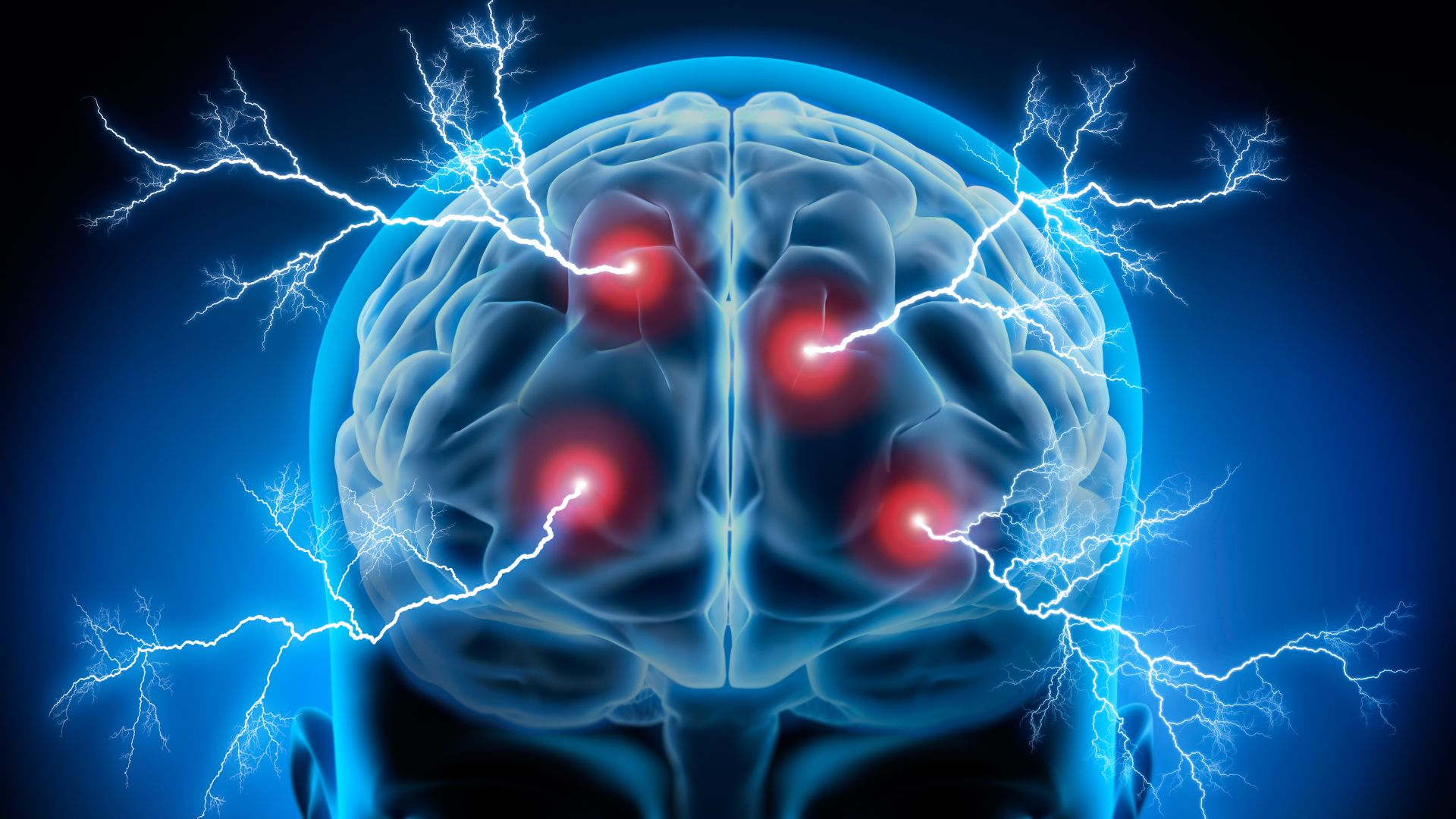
“This [study] … [demonstrates] of how the olfactory cortex encodes information about the very thing that it’s responsible for, which is odor chemistry, the fundamental sensory cues of olfaction,” Sandeep Robert Datta, associate professor of neurobiology in the Blavatnik Institute at HMS, said.
In more simplistic terms, we all share the same common frame of reference with smells, and the chemistry of those smells has fundamental sensory cues in our brains. “The fact that we all think a lemon and lime smell similar means that their chemical makeup must somehow evoke similar or related neural representations in our brains,” Datta said.
Our Sense of Smell Is Worse Than Our Ancestors

While many animals release a pungent smell shortly before dying, human putrescine seems far more subtle. In fact, many humans cannot smell it at all.
The working theory is that humans’ sensitivity to smell has worsened over time since we no longer need to hunt or gather food to survive. While our noses can technically still smell the same odors as our ancestors, we are not as aware of what we are smelling.
Dogs and Cats Can Often Smell Death

Evidence to support this theory lies in our furry friends, cats and dogs. A study conducted at the University of Chicago found that dogs and cats could detect chemical changes in people with medical ailments with just their noses.
This may prove that humans do, in fact, release certain odors when sick or dying, but humans are not able to detect the smell like animals can.
Some Animals Seem to Be Able to Predict Death
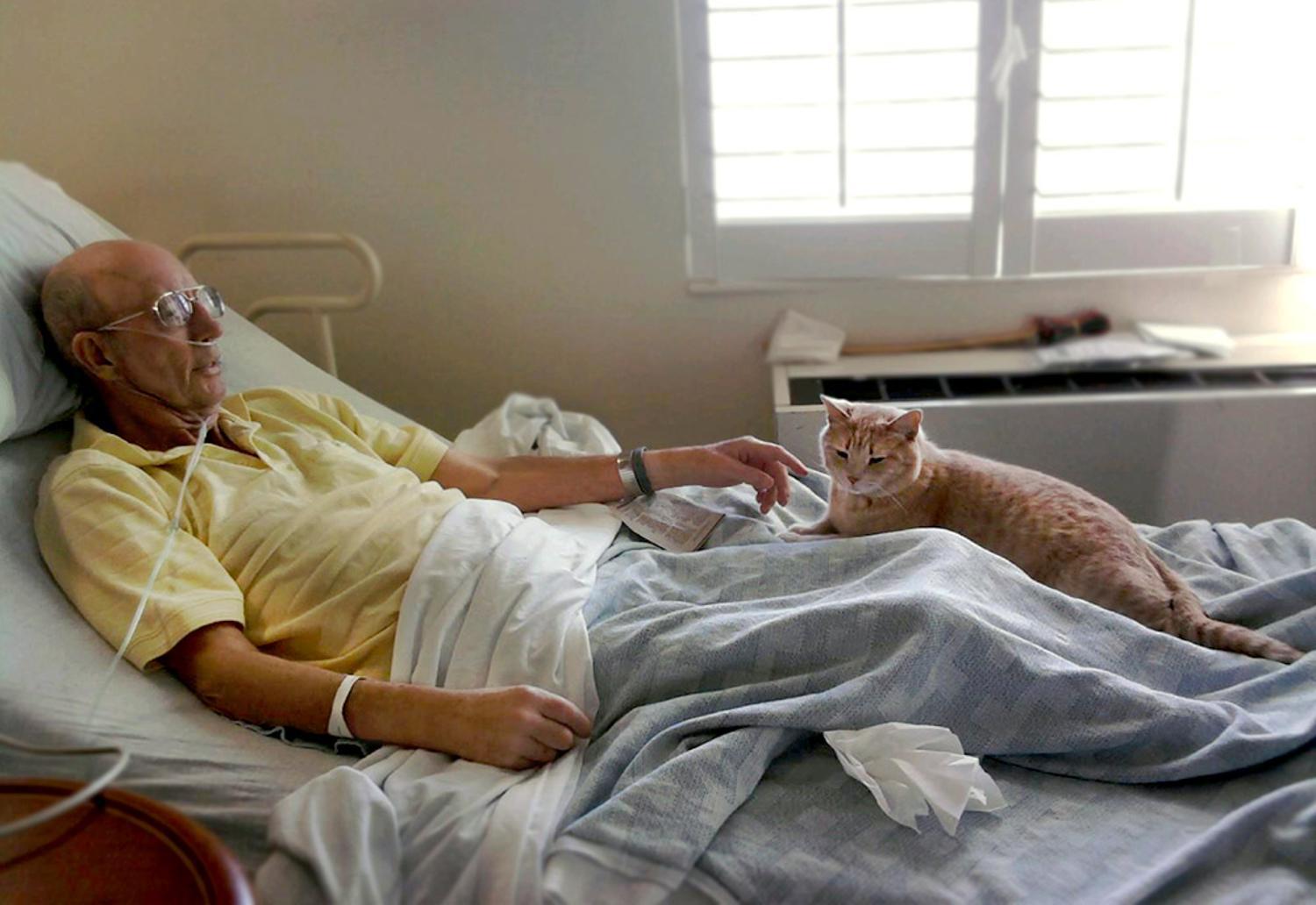
Additionally, while it hasn’t been scientifically proven, many people who work in hospice care centers or nursing homes are convinced that animals can detect death.
They can provide dozens of examples of cats who live in the home, predicting which patient will die by visiting them just moments before they go.
Your Sense of Smell Can Tell You When You’re Going to Die

While some scientists are working to prove that humans may be able to smell death on their loved ones if they are sensitive enough to the scent, others are focusing on a different aspect of the nose-death connection.
These researchers argue that losing one’s sense of smell is the first sign that death is near. Subsequently, by paying attention to our own sense of smell, we may be able to predict when we will die.
Losing Your Sense of Smell Can Be a Sign of Several Illnesses

Medical researchers have proven that a decline in olfactory function, or sense of smell, is often a result of specific illnesses and conditions, including respiratory or cardiovascular problems, Parkinson’s, Alzheimer’s, and many others.
They believe that because people often lose their sense of smell before disease symptoms set in, watching for changes in the olfactory system could alert doctors that a person is sick and possibly dying long before the other symptoms present.
More Research Needs to Be Done to Prove the Link Between Smell and Death

Although the research that has been conducted is extremely interesting, it’s not enough to prove that either humans release a particular scent shortly before death or that losing one’s sense of smell means death is coming.
More research needs to be conducted before medical researchers can confirm these theories, but fortunately, several teams are already working to do precisely that.
These Studies Could Help Save Millions of Lives

If scientists can find ample evidence to validate these theories, they may be able to use that information to save lives.
For example, many fatal diseases can be prevented before symptoms set in. So, if a patient contacts their doctor when they lose or notice a decrease in their sense of smell, their doctor could run the necessary tests, find out what’s wrong, and administer the treatment required to stop an illness before it takes over the body.
Speech Slows

After a person’s sense of smell and hunger fades, other bodily functions will begin to stop working. One of the predominant functions that will fade is the ability to take. This doesn’t mean people won’t be able to continue talking with loved ones.
Speech will slow, and holding conversations will become difficult. Most people near the end of their lives will withdraw from conversations that are too hard to carry on, and eventually, they will lose the ability to speak.
Losing an Everyday Function
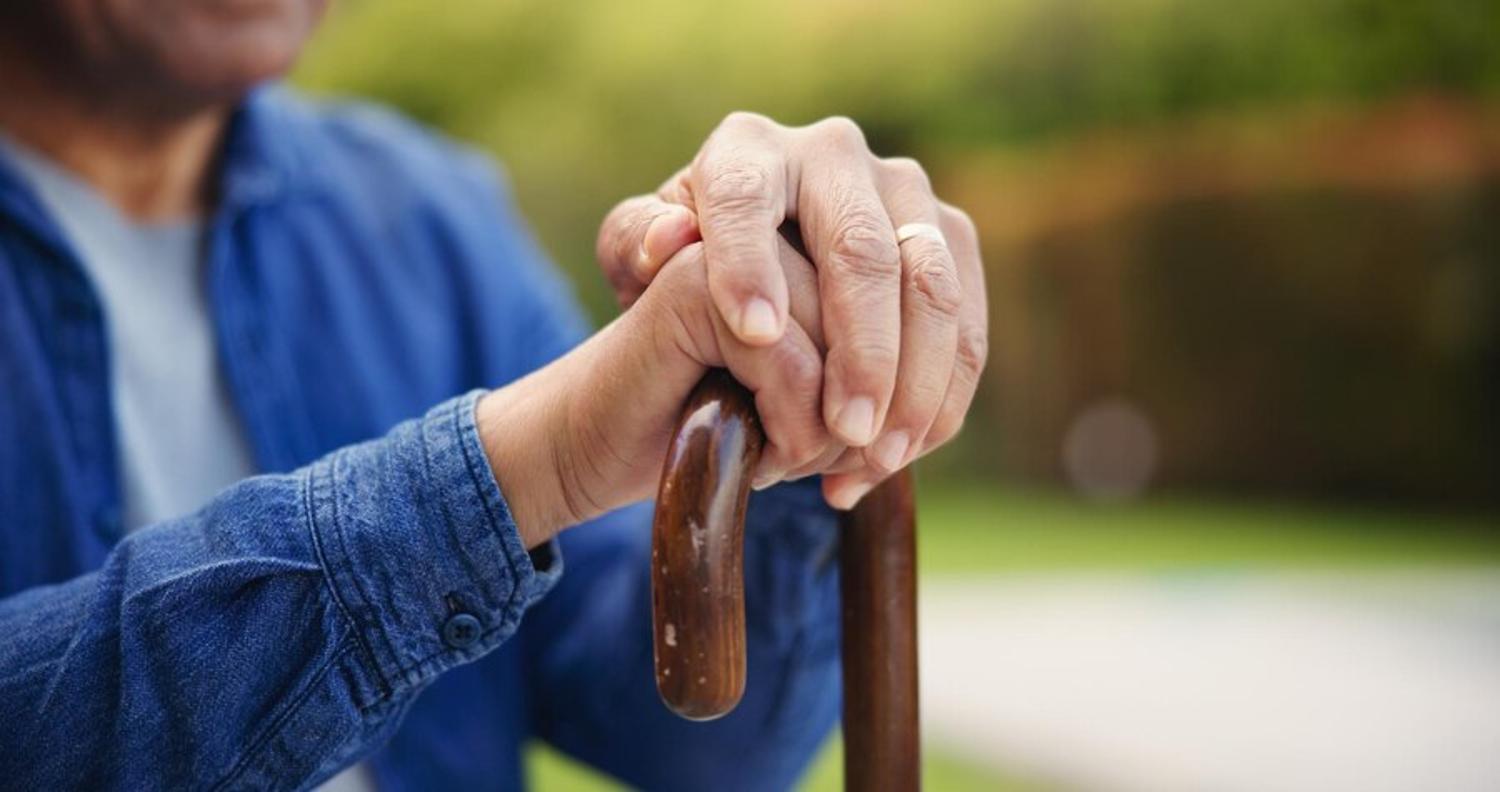
After the speech is gone, a person’s vision is next. Similar to the decreasing ability to speak, a person near death will slowly start to lose their vision because of a decrease in muscle tone.
There are several reasons why a person nearing the end of their life loses the ability to speak. From physical weakness to neurological decline, this everyday function is one of the many that will fade near the end.
Unable to See Everything

With blurred vision, a person may find it hard to track what is going on in a room, often hallucinating or mistaking objects for other people or things.
However, these hallucinations are not caused by a person’s inability to see. Instead, chemical changes and the lack of oxygen, which help promote other functions that have already failed by this point, could contribute to this.
The Last Touch

In a short period before a person passes, they will start to drift in and out of consciousness. During this time, a person may be able to feel touch and listen.
However, as a person slips into a comatose state, they lose their sense of touch. Pain, love, and comfort no longer reach them as the end of life approaches. Exchanges with family and friends may only exist through the final function a person has before death.
The Last Thing to Go

While a person’s smell is the first thing to go, hearing is the last sense to go. A study in Scientific Reports found that the auditory systems of hospice patients responded just like the younger, health control subjects just hours before the end of life.
Using a rare tone pattern with an EEG, both groups responded by giving a pre-arranged signal.
Study Shows the Brain Hears Sound
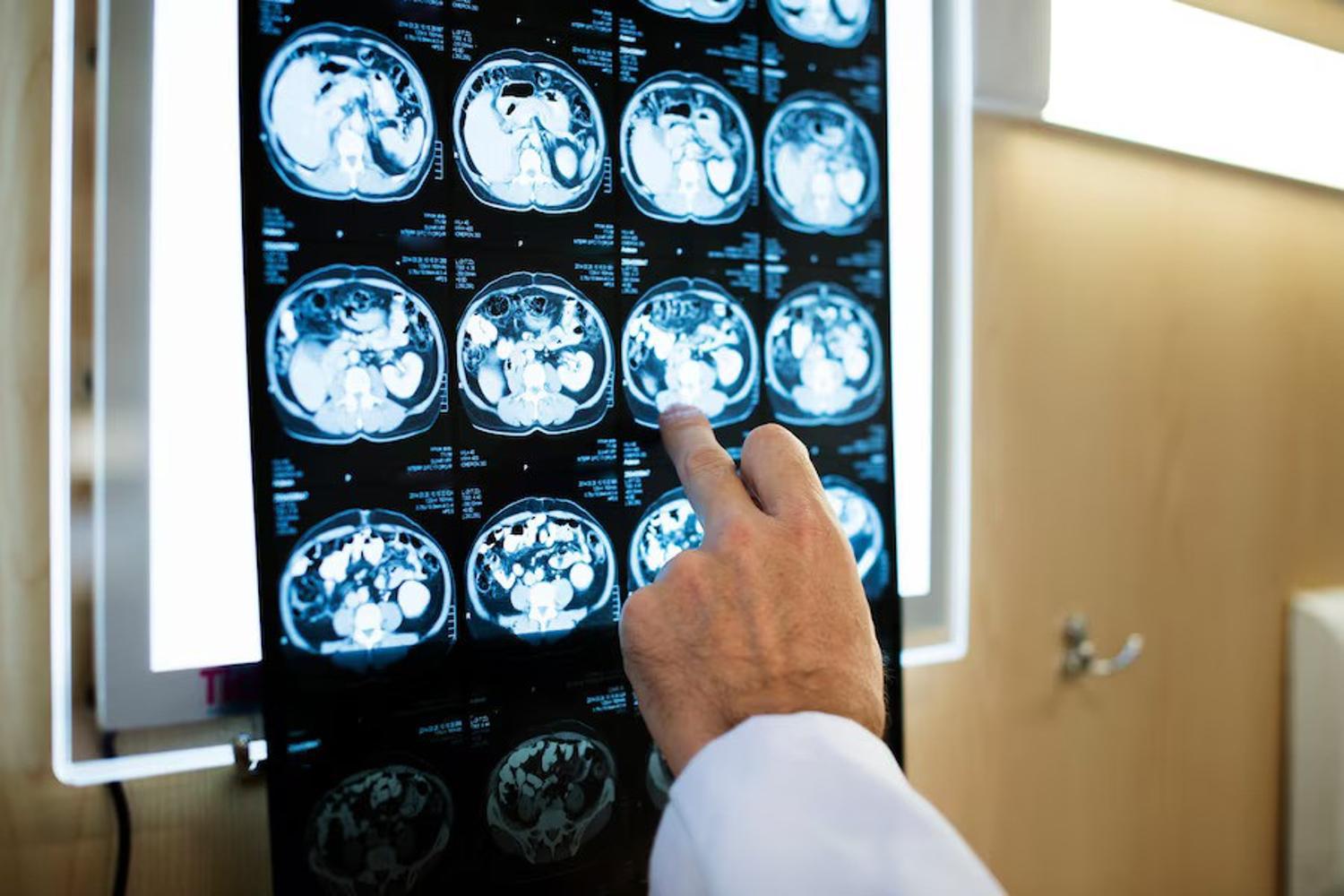
“In the last hours before an expected natural death, many people enter a period of unresponsiveness,” says study lead author Elizabeth Blundon, who was a PhD student in the department of psychology at the time of the study. “Our data shows that a dying brain can respond to sound, even in an unconscious state, up to the last hours of life.”
The research team believes that sound tones still reach the dying brain even when a person is unconscious, indicating that hearing is the last sense to go during the dying process.
A Passive Sense
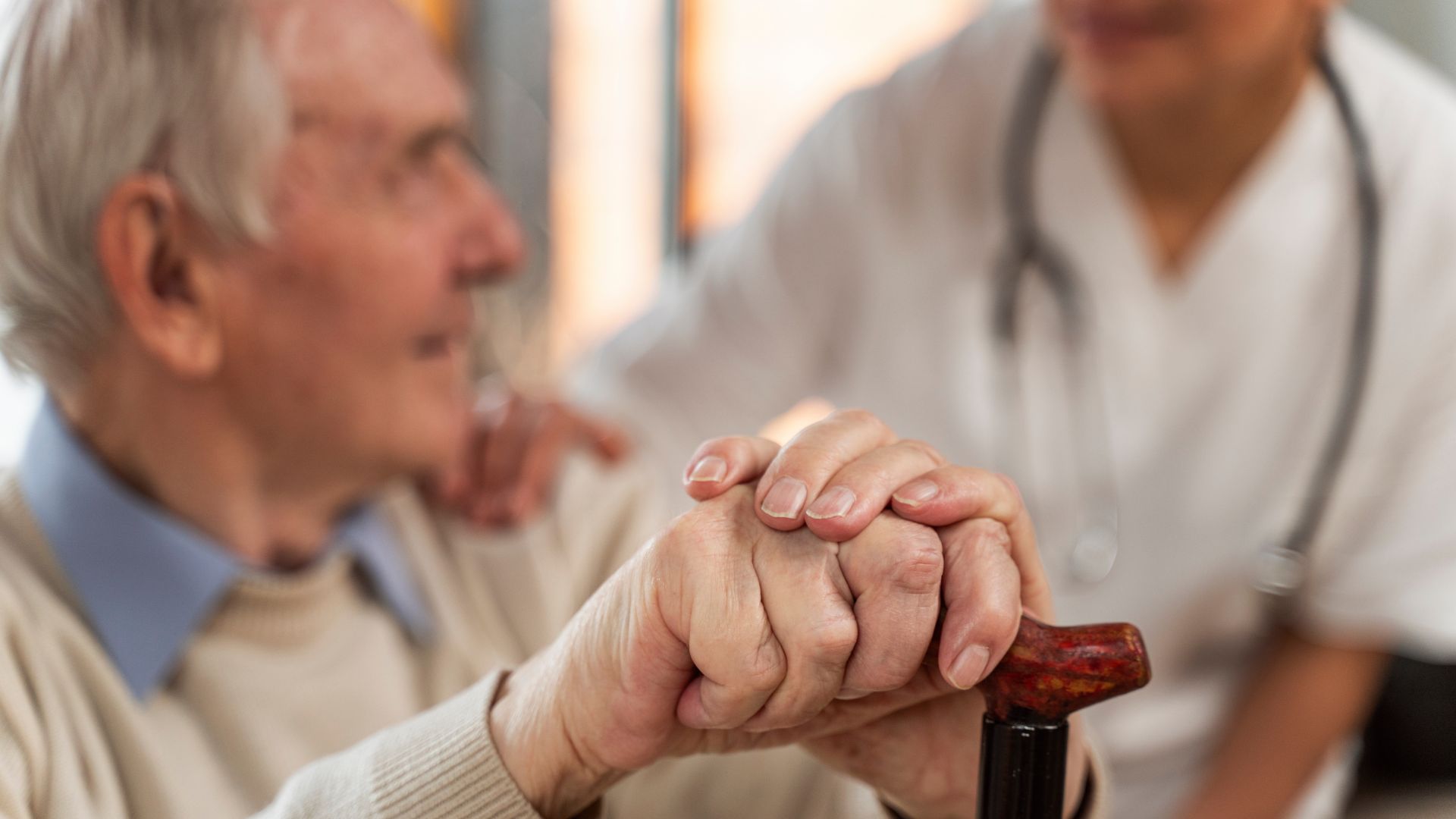
“[Hearing] is the most passive sense,” says Zachary Palace, MD, the medical director of the Hebrew Home at Riverdale, explaining that when death seems imminent.
Palace continues: “We encourage families to talk and share their last thoughts, love, and support with their loved ones because even though the blood pressure is dropping and they’re fading out, they can hear what we’re saying.”
Unsure If People are Aware of What They Hear

The team behind the research says that evidence of brain activity supports the idea that a dying person might be hearing, but they have no current way to confirm if people are aware of what they hear.
“Their brains responded to the auditory stimuli, but we can’t possibly know if they’re remembering, identifying voices, or understanding language,” says Blundon. “There are all these other questions that have yet to be answered. This first glimpse supports the idea that we have to keep talking to people when they are dying because something is happening in their brain.”
Sensing Death Is Near Won’t Eliminate Grief
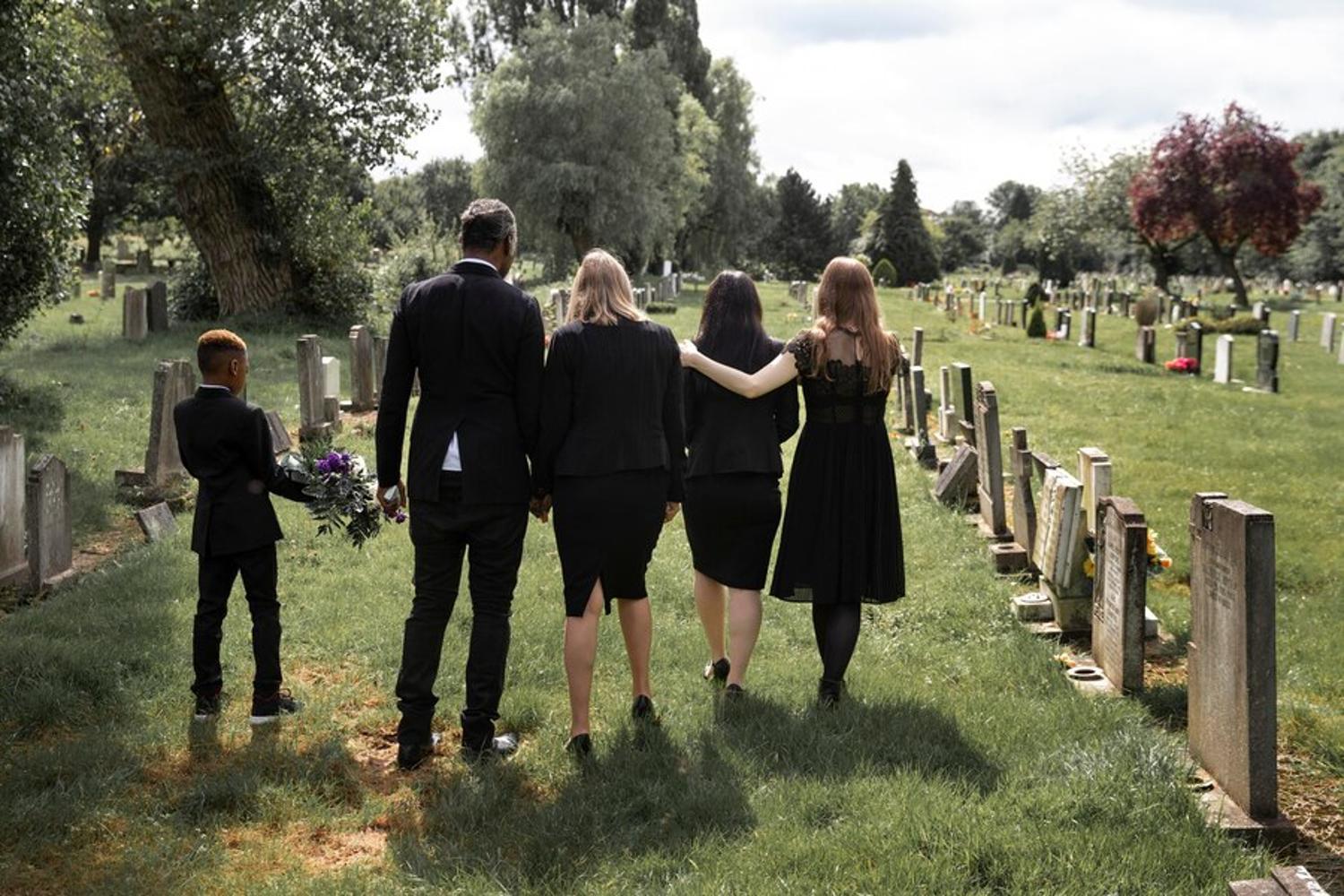
On the other hand, even if doctors prove that humans can smell death on a loved one just before they pass, it won’t eliminate the grief they feel to lose them.
Realistically, until we can find out exactly what happens after we die, humans will continue to grieve the death of their friends and family, as they will always wonder where they’ve gone and if they’ve found peace there.
Keeping Comforting Loved-Ones

“This research gives credence to the fact that hospice nurses and physicians noticed that the sounds of loved ones helped comfort people when they were dying,” says Dr. Romayne Gallagher, a palliative care physician at St. John Hospice.
“And to me, it adds significant meaning to the last days and hours of life and shows that being present, in person or by phone, is meaningful. It is a comfort to be able to say goodbye and express love.”








































